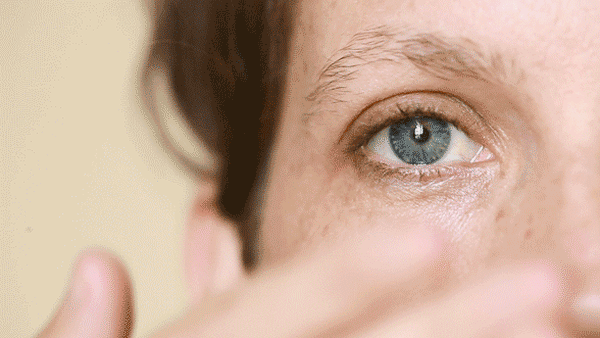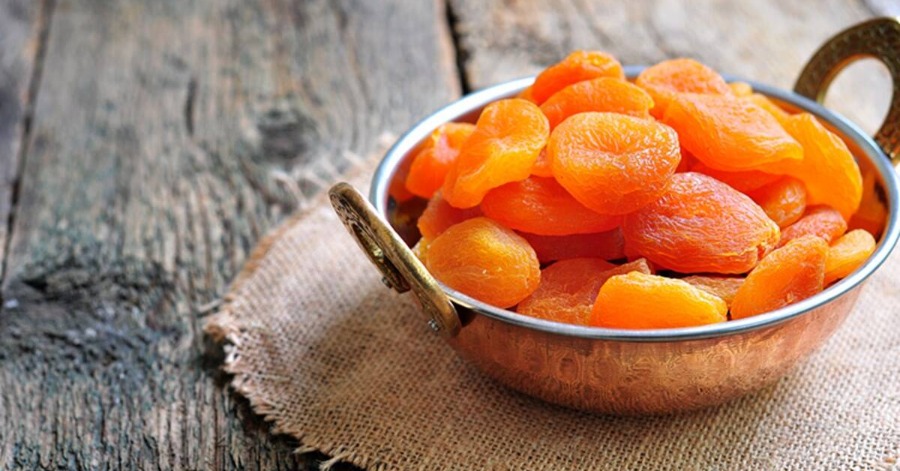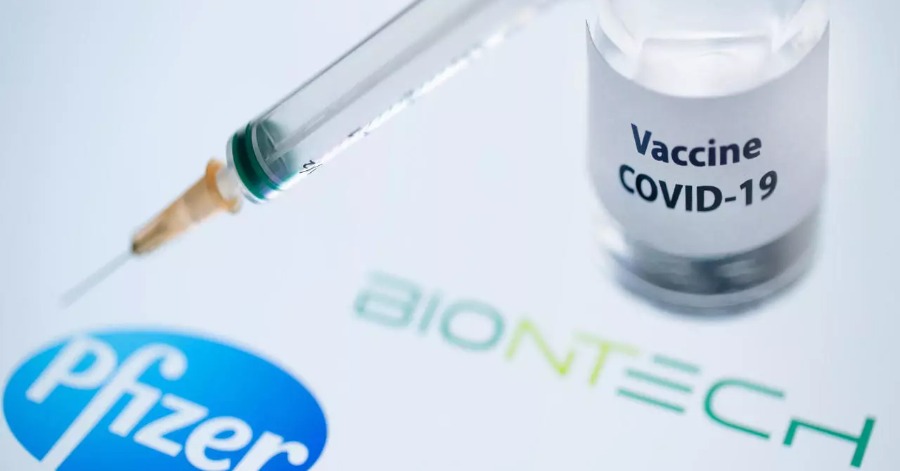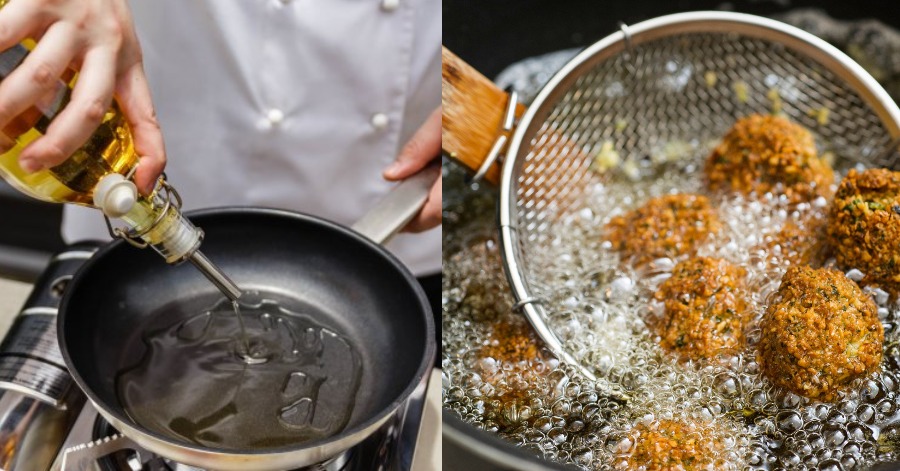Rich in vitamins, proteins, minerals, and fiber makes apricots can be a nutritious snack. Most health and nutrition experts recommend dates, raisins, figs, almonds, walnuts, pistachios, and dried apricots to stay healthy.
Apricots contain vitamin A, vitamin C, vitamin E, vitamin K, potassium, copper, manganese, magnesium, phosphorus, niacin, as well as several other nutrients. Apricots provide an excellent source of dietary fiber and a number of phytochemicals and minerals that promote health. It is also a low-calorie food – contains 48 calories for every 100 grams.
Dried apricots can provide higher concentrations of nutrients per fruit compared to fresh dried fruits. If you exercise or do physical activities such as climbing, dried apricots have many advantages because they are full of energy.
Apricots contain vitamin A, vitamin C, vitamin E, vitamin K, potassium, copper, manganese, magnesium, phosphorus, niacin, as well as several other nutrients. Apricots provide an excellent source of dietary fiber and a number of phytochemicals and minerals that promote health. It is also a low-calorie food – contains 48 calories for every 100 grams.
Dried apricots can provide higher concentrations of nutrients per fruit compared to fresh dried fruits. If you exercise or do physical activities such as climbing, dried apricots have many advantages because they are full of energy.
Without wasting time, let see what is the benefits when you eat dried apricots.
Constipation

Apricots are rich in fiber and are suitable for people with constipation. The fiber content in apricots will stimulate the production of gastric fluid and facilitate the digestive system to absorb nutrients.
Eye Health

Because apricots are rich in vitamin A, the intake of this fruit helps improve vision and prevent the adverse effects of free radicals that normally attack the immune system.
The combination of vitamins A and E, as well as Beta-Carotene, plays an important role in preventing or reducing eye disorders along with age. Carotenoids, found in apricots can help reduce oxidative stress on the retina and eye lenses. This can help improve good eye health as we age.
Bone

Dried apricots are reported to contain Boron, a natural mineral with remarkable health benefits. Research studies show that Boron can play a diverse and important role in the functional properties of bone health.
In fact, Boron can help overall bone health, bone healing, and bone metabolism.
Skin and the effects of aging

Facts show that proper nutrition is very important for the health and appearance of the skin. Dried apricots contain many important nutrients. For example, apricots contain vitamin A, vitamin C, and phytonutrients. All these nutrients are useful for slowing down the aging process and beautifying the skin.
Blood Production

The iron content in apricots helps to produce red blood cells. So you can avoid anemia. Dried apricots also have a source of potassium, a mineral associated with a healthy increase in blood pressure. You can take about 259mg of potassium for every 3.5 ounces of apricots (about half a cup of fruit).
Bodyweight

Did you know that every 100 grams of apricot contain 45 calories and fiber? No wonder if consuming this fruit can make you full longer which will be useful in the process of losing weight.
But what happens if you eat a lot? Because the size of dried fruit is much smaller than fresh fruit, so we will probably consume a lot of calories every time we eat dried fruit.
When eating dried fruit, it is a matter of concern when some dried fruit makers add sugar to dried fruit (which already contains natural sugar). So, this can worry about our health.
However, dried fruit also contains a lot of fiber and antioxidants called phenol from fresh fruit, per ounce. Fiber fights heart disease, obesity, and some types of cancer. People on a phenol-rich diet have low rates of heart disease, diabetes, some types of cancer, and possibly brain disease.
In conclusion, eat dried fruit as usual because of its nutritional value, but avoid dried fruit that contains added sugar and pay attention to calories. Remember, every food is bad, so please be careful and take it in the right amount
Sources: Grapetree.co.uk, Healthharvard.com, Apricotpower.com









Leave a Comment